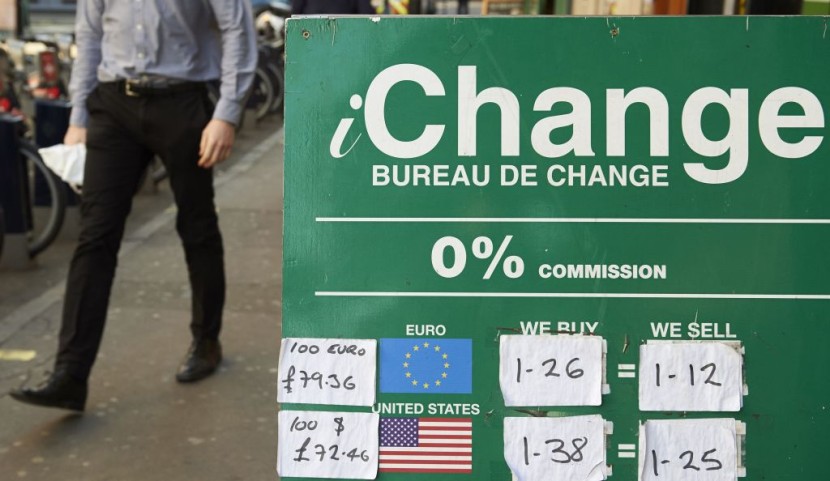
Euro-inflation has the bloc already in the red after ill-conceived sanctions have made the down-turning economy go out of hand. Call it the worst combination that 19-euro countries are getting buffeted by a poor euro, prices paid for natural gas and electricity hit the fan due to supporting Ukraine as pushed by Washington.
Euro-Inflation Will Be Hard on Bloc Members
Economists are alarmed as the fear of a monstrous recession will be detrimental to European finances, and paying for anything is going to be more difficult, reported the Republic World.
Based on data that reveals why yearly inflation must have climbed up to 10.7% during October, as indicated by the European Union's statistics agency, Eurostat, on Monday.
According to US News, the data show a rise from 9.9% in October and one of the highest jumps seen for the eurozone since 1997.
Sanctions Did Not Stop Brussels From Self-infliction
One of the effects of punitive measures that went south for the eurozone is that once cheap Russian gas is now very expensive, clobbering EU coffers with euro inflation and a down-turning economy.
Moscow did not hesitate to tell Gazprom that it would teach Brussels and the company a harsh lesson by reducing natural gas supplies compared to previous surpluses without sanctions.
In desperation, EU members were forced to spend so much money compared to cheaper Russian gas; purchase somewhat overpriced shipments of liquefied gas from American gas; and also from Qatar to keep making electricity and heating for the winter, citing the Hindu.
Europe's Economy Cannot Bear Increasing Energy Prices
Despite using LNG to top up crucial gas storage for the winter, expensive costs have slammed essential industrial products like steel and fertilizer, reducing their production. Consumer expenses took a hit when it comes to spending. This includes income struggling to keep up with rising energy costs, as reflected in high utility bills.
The price of natural gas in the short term has decreased slightly, but it will remain very expensive in the markets in the coming months. An obvious sign that expensive energy might be a long drag on the economy.
A study of professional projections by the European Central Bank demonstrates expectations for rising prices in the upcoming year will increase to 5.8% from 3.6%. A global price explosion is occurring; for example, Democrat-led Washington is grappling with a 40-year economic recession in the United States.
However, according to Eurostat documentation, food, alcohol, and tobacco expenditure had also progressively joined energy prices as a contributory factor, rising 13.1%, whereas energy prices spiked by a staggering 41.9%.
The economy has been bouncing from the COVID-19 pandemic and had a rise of 0.25% in the July-September segment of 2022. As shown by experts, high prices and an economic recession will slow growth in the last few months of 2022 and the first quarter of 2023.
As a result, the European Central Bank increased interest rates at the most significant increases in its history, with two three-quarter point increments on October 27 and September 8, including both. It was suspected that it wouldn't work out well in terms of growth.
Increased Euro-inflation is caused by sanctions, resulting in a down-turning the economy, but Brussels still follows the US.
Related Article: Moscow Stops Grain Deal Due to Accusations That UK Engineered Dastardly Terrorist Act Against Black Sea Fleet
© 2026 HNGN, All rights reserved. Do not reproduce without permission.








